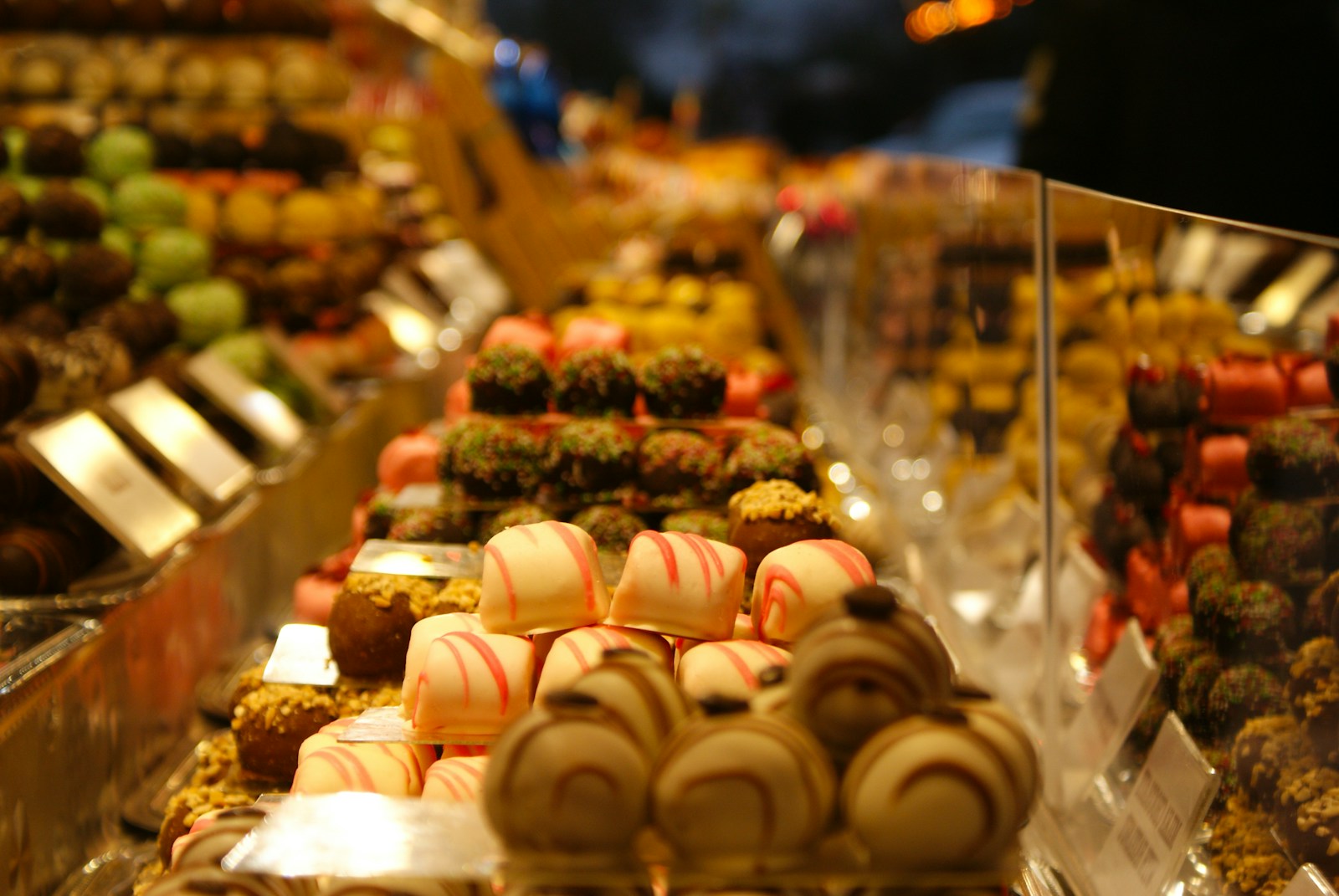Sweet Ambition: How a Family’s Pandan Cakes from An Giang Could Conquer the World
The air in Cho Moi of An Giang carries a perfume of its own—a mingling of warm pandan, roasted almonds, and the faint sweetness of sugar meeting butter. It drifts out from a modest, whitewashed bakery at the corner of a narrow street, the sort of place passersby notice first with their noses. Inside, trays of golden cakes, shaped like tiny blossoms, cool on wire racks. Steam curls into the morning light. And somewhere, behind the steady thrum of mixers and the soft click of oven doors, a family is quietly plotting their next monumental leap—from a rural Vietnamese town to the kitchens of the world.
Tran Le Hung, with the bearing of a craftsman and the easy smile of someone who has endured his share of long days, wipes his hands on his apron. Beside him, his wife, Nguyen Thi Trang Thuy, moves between workstations with the quiet authority of a conductor guiding an orchestra. Neither began as bakers. In 1993, they were newlyweds with no culinary training, only a fierce will to survive. Their first oven was a metal drum over a bed of charcoal. Their first products—just two kilograms of cakes each day—were sold to neighbors who came more for the conversation than the purchase. But the taste was something different: the soft, almost grassy sweetness of pandan leaf wrapped in the richness of butter and the crackle of roasted almonds. Word spread. Orders multiplied. And over time, their little kitchen became a landmark in Cho Moi of An Giang.
Today, that humble beginning has grown into a 450-square-meter bakery with 22 employees, humming from dawn to dusk. Their cakes—still infused with pandan, still shaped like blossoms that open in the oven—have found their way to the tables of Ho Chi Minh City’s Independence Palace and, by circuitous routes, into the hands of customers in Europe.
Yet Hung is not content with middlemen in Taipei shepherding his products abroad. His vision is more ambitious: direct exports under his own brand, flying the family’s name into markets from Paris to New York. “We want to show the world what Vietnam tastes like,” he says, his voice soft but certain. In three years, he hopes to secure a 5-star OCOP rating, Vietnam’s highest honor for artisanal goods.
For Hung and Thuy, the journey has been a slow layering of skill, like butter folded into pastry. In the early years, every challenge was met with improvisation. When Hung envisioned cakes shaped like the plum blossoms that herald spring, he discovered no cutter existed for such a design. So he turned to friends in a welding shop, who fashioned custom molds from steel. Today, those molds still frame the bakery’s most beloved product, each cake opening in the oven like a flower greeting the morning sun.
They have always matched their respect for tradition with a willingness to adapt. When environmental concerns nudged them away from tin packaging, they redesigned their boxes in eco-friendly paper—without compromising the feel of a gift worth giving. They have introduced chocolate, sesame, and peanut variations to their signature almond cake, each with the same attention to texture and aroma.
And while the recipes remain guarded secrets, the business plan is no longer just a family instinct. Their 23-year-old son, Tran Tien Anh, has been learning the trade from inside and out—managing production schedules one day, studying marketing trends the next. He is poised to inherit not only a bakery but a brand, with patents, certifications, and a reputation polished over decades.
The certifications matter. In Vietnam’s crowded food market, trust is currency. Their ISO 22000 food safety certification and current 4-star OCOP rating have opened doors to high-end retailers and given them leverage in export negotiations. For Thuy, though, the deeper satisfaction comes from something less tangible: the letters and calls from customers who serve their cakes at weddings, Tet gatherings, or as gifts for relatives returning from abroad. “It feels like we are part of people’s celebrations,” she says.
If one measures baking success in grams, the family’s growth is nearly scientific. Production has multiplied many times over since those first charcoal-fired batches, yet the process still feels personal. Dough is mixed in small batches. Quality checks are done by eye and touch, not just by thermometer. Every bloom-shaped cake is cooled slowly to preserve its texture before being boxed by hand.
Hung speaks of his cakes the way some speak of children—aware of every flaw, yet deeply proud. He is already preparing for a handover. In four years, he plans to step back entirely, letting Tien Anh and his fiancée lead the business. The transition, he admits, will not be easy. But there is a certain poetry to the timing: a founder’s sunset, a successor’s dawn.
Their ambitions are not just for themselves. Hung envisions hiring more local workers, providing training, and helping to brand Cho Moi as a food destination. “If we succeed abroad, it will bring attention here,” he says, glancing out the bakery window toward the slow-moving river beyond.
The international market remains a challenge. Exporting directly means navigating regulations, mastering logistics, and building brand recognition in competitive markets. But Tien Anh, who studied business in Ho Chi Minh City before returning home, believes it is possible. “We have a story people will want to taste,” he says. “It’s not just a cake—it’s where it comes from, who makes it, and why.”
That story is as much about resilience as it is about sweetness. It is about a couple who began with no roadmap, guided only by the scents and flavors of their childhoods. It is about the weight of a whisk passed from one generation to the next, about mornings that begin before sunrise and nights spent counting cooling racks instead of hours slept. It is about love—of craft, of family, of the idea that something made with care in a small Vietnamese town can speak to people half a world away.
Outside, the sun falls toward the Mekong, creating long shadows that cover the district’s waterways. Inside the bakery, another batch of cakes comes from the oven, their scent curling into the air like a promise. One day soon, if Hung’s dream holds, that same fragrance will drift into cafés in London, market stalls in Sydney, and kitchens in Tokyo.

And when that day comes, the blossom-shaped cakes from Cho Moi will carry with them not only the flavor of pandan and almond, but also the story of a family who believed the world might be ready for a little more sweetness.



